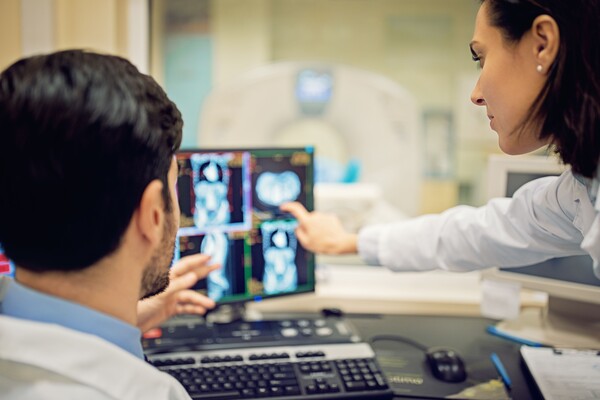Korea Advanced Institute of Science & Technology (KAIST) said on Thursday that it developed a deep learning predictive model for detecting patients' risks of adverse effects to cancer immunotherapies.

Cancer immunotherapy is a third-generation cancer treatment that activates a patient's immune system to treat cancer. However, these therapies can cause side effects similar to autoimmune diseases. In severe cases, these side effects can sometimes also lead to the death of patients.
Previous studies have been limited to a small number of indicators, and have not been designed to investigate immune-related adverse events.
Accordingly, the research team led by Professor Choi Jung-Kyoon of KAIST’s Department of Bioengineering and Brain Engineering and Professor Park Sook-ryun of the Department of Medical Oncology at Asan Medical Center (AMC), identified comprehensive risk factors for immune-related adverse events through multidimensional analysis.
In particular, a 672-patient cohort led by AMC was established in collaboration with nine other Korean hospitals including Seoul National University Hospital, Samsung Medical Center, and the National Cancer Center.
By identifying risk factors for immune-related adverse events across a wide range of patient genomic, transcriptomic, and blood markers, the team ultimately developed a deep-learning model to predict whether a patient will have an adverse reaction to cancer immunotherapies before treatment.
As the study results were based on clinical data and blood genomic data of various solid cancer patients, it is expected to be widely applicable to varying cancer types.
"We hope this study can serve as a large-scale resource of extensive analysis and prediction models for immune-related adverse events that can be used by researchers around the world," said Professor Choi, noting immune-related events as the Achilles heel of cancer immunotherapies.
“As patient safety and treatment effectiveness become more important, the study is expected to provide a basis for realizing precision medical treatment for cancer patients by predicting the occurrence of cancer immunotherapy side effects based on clinical data and genomic data of individual patients,” said Professor Park.
The study was published in Nature Cancer on June 12.

